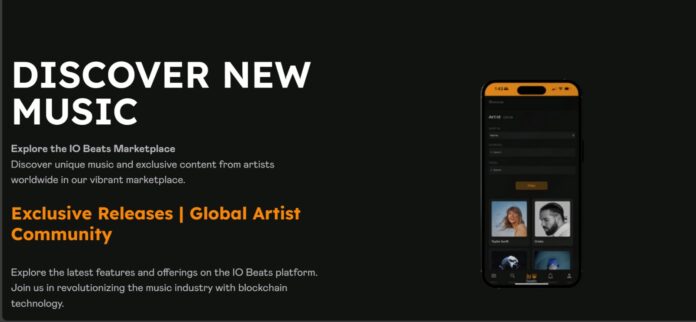In the rapidly evolving landscape of the music industry, independent artists are seizing the opportunity to thrive like never before, thanks to the transformative power of blockchain technology and non-fungible tokens (NFTs). This groundbreaking integration is not only reshaping how music is created, distributed, and monetized but also democratizing access to success in an industry historically dominated by major labels and intermediaries.
Blockchain technology, renowned for its transparency and decentralization, is at the forefront of this revolution. By leveraging blockchain-based platforms, independent artists can now bypass traditional gatekeepers and connect directly with their audience, sidestepping the need for record labels and intermediaries. This direct-to-fan approach not only empowers artists with unprecedented control over their creative output but also enables them to retain a larger share of the revenue generated from their music.
A key advantage of blockchain technology for independent artists lies in its ability to ensure fair and transparent royalty distribution. Through the implementation of smart contracts, artists can establish predetermined terms for revenue sharing, guaranteeing that all contributors, including songwriters, producers, and performers, receive their rightful share of earnings. This eradicates the disparities and delays often associated with traditional royalty collection systems, ensuring that artists receive timely and accurate payments for their contributions.
Furthermore, the integration of NFTs into the music ecosystem has introduced exciting new possibilities for artist monetization and fan engagement. NFTs enable artists to tokenize their music and sell ownership rights as digital assets, creating scarcity and value for collectors. This has led to the emergence of a vibrant market for exclusive music releases, limited edition merchandise, and immersive fan experiences, driving revenue and fostering deeper connections between artists and their fans.
Beyond revenue generation, blockchain and NFTs offer independent artists the opportunity to explore innovative business models and creative collaborations. From crowdfunding campaigns to decentralized autonomous organizations (DAOs), artists can leverage blockchain technology to fund and distribute their music in groundbreaking ways. Moreover, NFTs enable artists to engage with their fans in unique and meaningful ways, offering exclusive perks and rewards that cultivate fan loyalty and support.
As the music industry continues to embrace blockchain technology and NFTs, we can anticipate a paradigm shift towards a more inclusive, transparent, and artist-centric ecosystem. By empowering independent artists with greater control over their music and finances, blockchain and NFTs are paving the way for a more equitable and sustainable future for the music industry as a whole.











